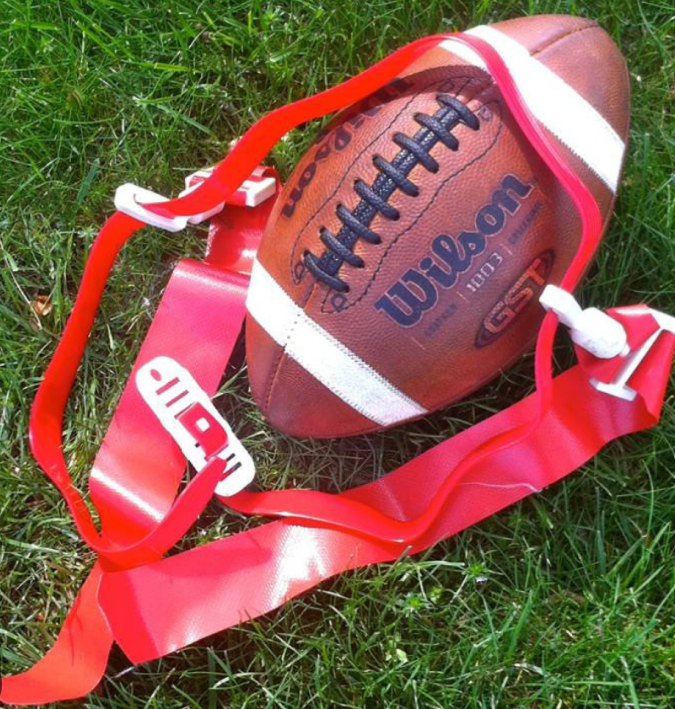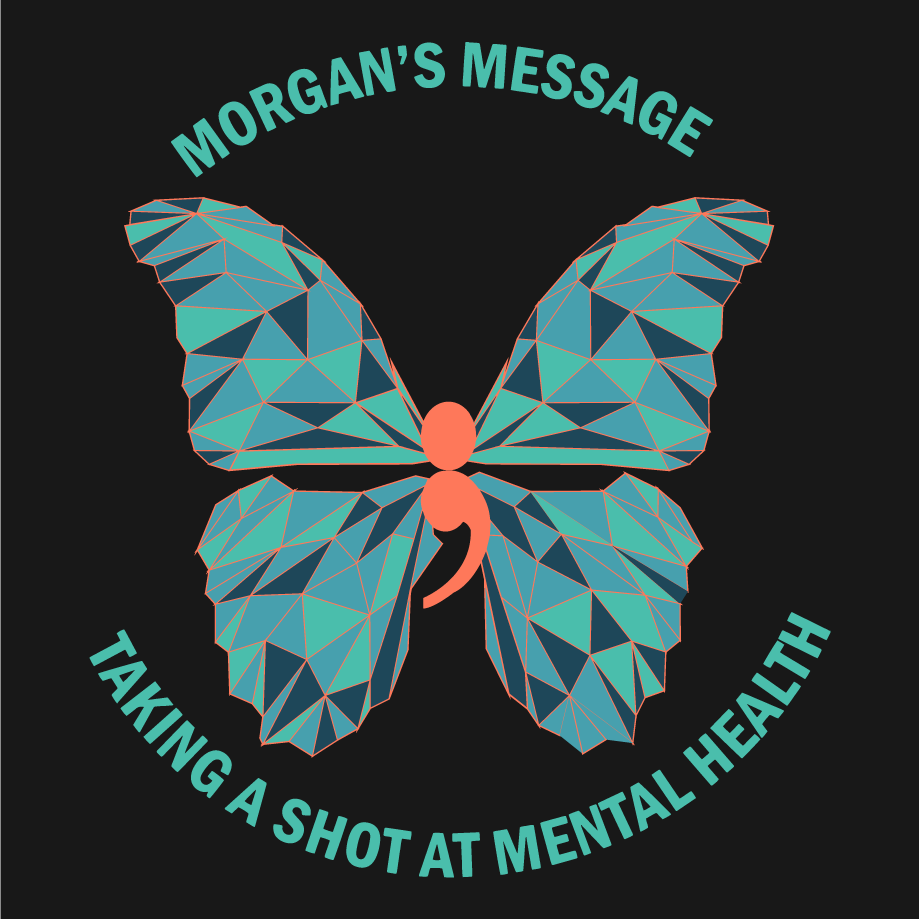On July 11th, 2019, the world of college athletics was rocked. Morgan Rodgers, a Division I lacrosse player at Duke University, committed suicide after suffering in silence about her mental health.
Rodgers had suffered a career ending knee-injury just before her sophomore season at Duke, leading to many surgeries and attempts to play lacrosse again. Despite her desire to get back on the field, her injury prevented her from playing, causing her mental health to deplete. Rodger’s suicide shocked not only her family, friends and teammates, but also the nation. Athletes are always badgered about their physical health and whether or not they’ll be able to play at their next game, but what about their mental health?
Many student athletes, not just college ones, struggle with balancing school, sports, and a social life. The stress that comes with school, especially college, is a lot to handle even without the added stress of playing a sport. In high school, student athletes have to juggle classes, their sport and typical teenager activities. When the pressure of appeasing parents, coaches, and friends all piles onto one student trying to achieve their dreams, the consequences can be dreadful.
In the 21st century, the number of student athletes has increased compared to 20 years ago. The area of college sports is incredibly competitive, with athletes trying to get as many offers as possible from high-ranking schools. This competitive atmosphere can be beneficial for some, but the pressure can become overbearing and can lead to an imbalanced life where the athlete’s mental health needs aren’t being met. When so much time is spent working hard for a future academic and athletic career, things like prioritizing your mental and physical needs can end up being put on the backburner.
Injuries are not uncommon among athletes, and student athletes are not an exception. Things like fractures, torn muscles, ligaments and sprains are a common part of being a dedicated athlete. Professionals such as athletic trainers do everything they can to prevent these injuries, as well as treating them once they occur. In the midst of trying to prevent and treat physical injuries, the mental health of student athletes can be forgotten.
Mental health has become a stigmatized topic within the athletic community. The topic is not discussed or prioritized, leading to bigger issues for student athletes. Whether it’s the athlete quitting their sport, isolating themselves from their loved ones, or going as far as committing suicide, no one should suffer in silence. Organizations such as Morgan’s Message help spread awareness about athlete mental health and reduce the stigma surrounding the topic. By continuing to make the subject of athlete mental health an important topic, more student athletes will feel comfortable enough to speak out about their struggles and get the assistance they need without feeling ashamed.

































